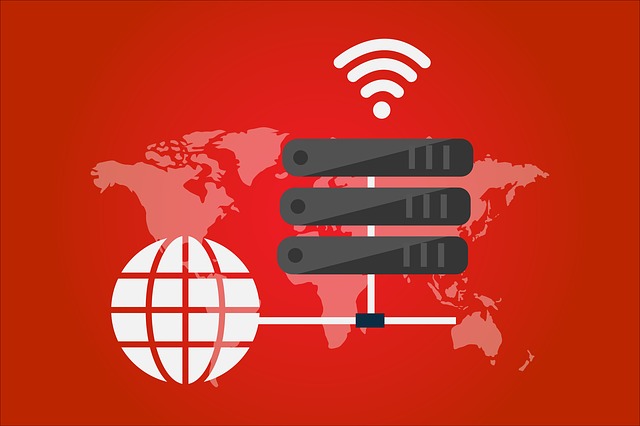Geo-blocking is a process that limits users to access the internet depending on their location. Generally, websites, telecommunication companies, intellectual proprietors, and content providers implement this to prevent copyright issues. Geo-blocking uses encryption to protect website content that specific regions should access only.
Presently, many content providers globally use geo-blocking to control their online releases and prevent potential harm to their services or products. For that reason, an individual from Spain may have difficulty purchasing an iPhone online, or a person from the United Kingdom may not stream some movies on Netflix.
However, we are presently in a community that should favor a uniform playing field, which is a united digital market that could equip businesses and increase the growth of the economy worldwide. As expressed by Dan Wager, an international commerce expert, consumers must have the ability to buy products anytime and anywhere.
Moreover, he says, the world is heading towards an economy that does not involve cash. Therefore, a unified digital market answers that goal. Everybody in the world, regardless of their location, should have the ability to purchase products from different countries.
What is Geo-Blocking?
Geo-blocking happens when there are copyright issues, licensing problems, and government decisions. You are blocked from accessing a particular website when you see a pop-up that expresses, “The content in this site is not open for your country.” So, how do individuals or businesses bypass geo-blocking?
How Proxies Can Help You
A proxy is like a middleman, acting as the mediator between the user and the website. Note that every device has its IP address, and the same is true for proxy servers. When you use the internet while using a proxy, it gives you a distinct IP address to access a website easily. That is because a proxy uses a different web address before taking you to the site you want to access.
With the help of a proxy, such as a Brazil proxy, you can trick geo-blocking. For example, if the content is unavailable to your country, you can connect a proxy in a state that can access the content you need.
What are the Different Types of Proxies?
Though all proxies use alternate addresses to access the internet, each has its characteristics. Below are the different types of proxies that can help with geo-restrictions. All of the following types are available from BestProxy.
Anonymous Proxy
Anonymous proxies make web activity almost untraceable. It works in a way that it hides the computer information and identity of a user. An anonymous proxy suits users who desire to stay anonymous when browsing the internet. Though this type of proxy can protect a user, it also has a disadvantage because you can face discrimination or pushbacks.
Distorting Proxy
A distorting proxy hides its identity while distinguishing itself as a substitute by changing its web address to an invalid one. A distorting proxy can hide your location while you are accessing the web. Even if you are browsing from your country, it can appear as if you are accessing the internet from a different one. For example, if you are from Canada and want to access content from Brazil, you can use a Brazil proxy to access that target website.
Moreover, a distorting proxy does not hide only your identity and location but also itself, which means it is secure. Nevertheless, there may be instances where websites automatically shut off distorting proxies.
Public Proxy
Most people use public proxies because it is free. A public proxy offers its users an IP address that will serve to hide their location and information while browsing the web. Public proxies work free of charge for individuals or businesses who do not care about speed and security. Though it can bypass geo-restrictions, your information is at risk because hackers can easily steal them.
Residential Proxy
Residential proxies give their users a web address that points to a physical device, which means all connection requests are channeled using that device. A residential proxy applies to users who need to block suspicious advertisements from competitors. Therefore, this type of proxy is most trustworthy compared to other options. However, this may cost you some money.
Conclusion
Though geo-restrictions have a purpose, there are also valid reasons why businesses must overcome them. For your business to thrive, you must access information from several websites regardless of your location to be on top of your competitors. Apart from that, knowing the market trends can also help you be on top. Whatever your reason may be, the good news is that you can bypass geo-blocking or geo-restrictions with the help of proxies.

0 Comments